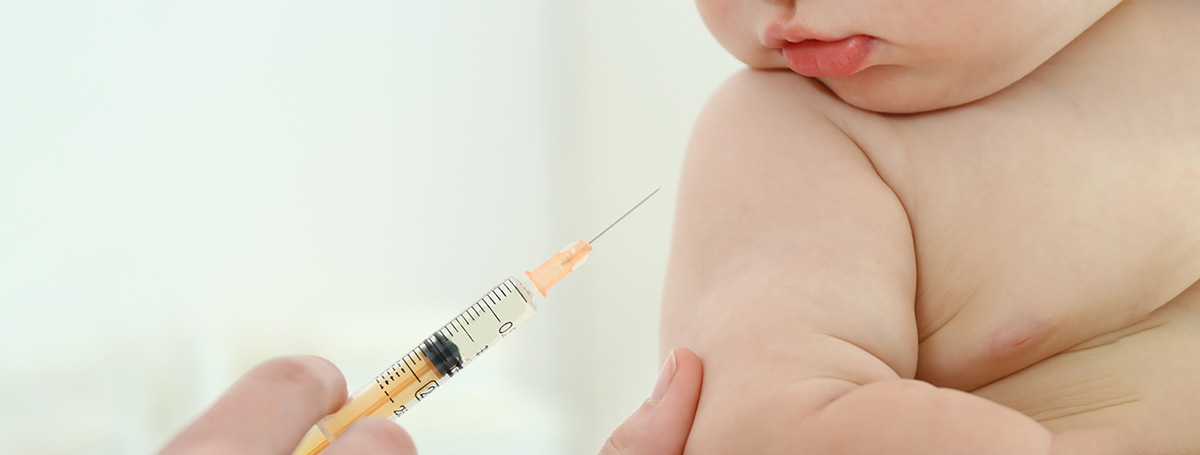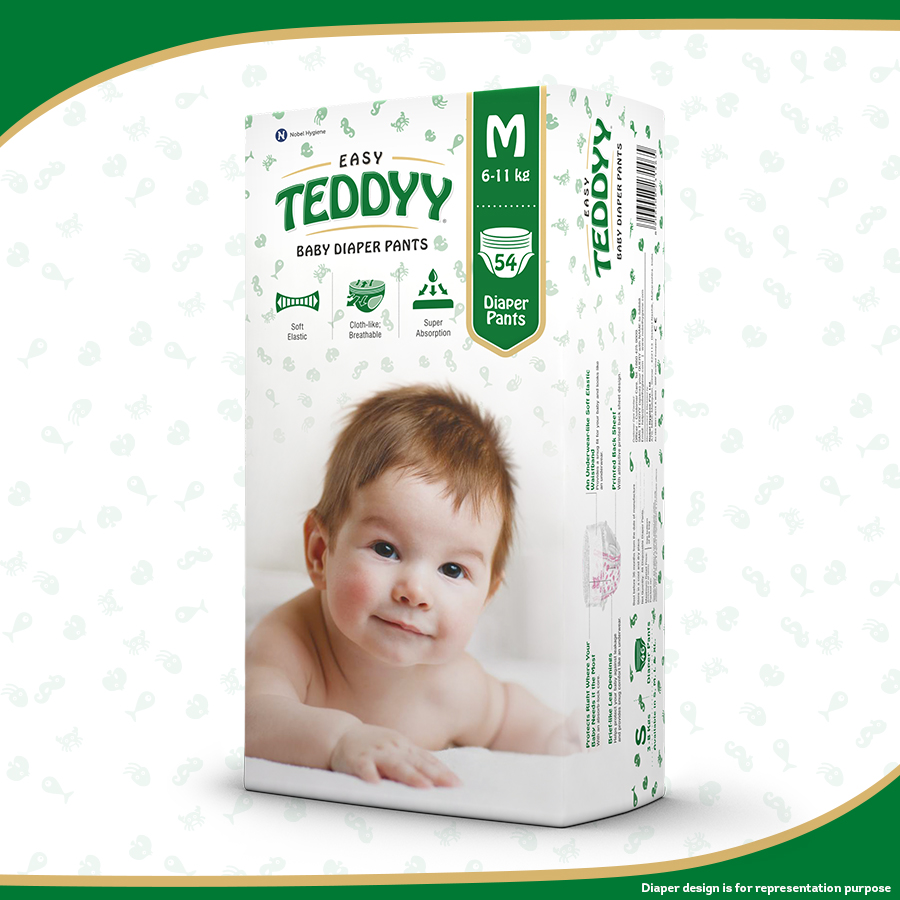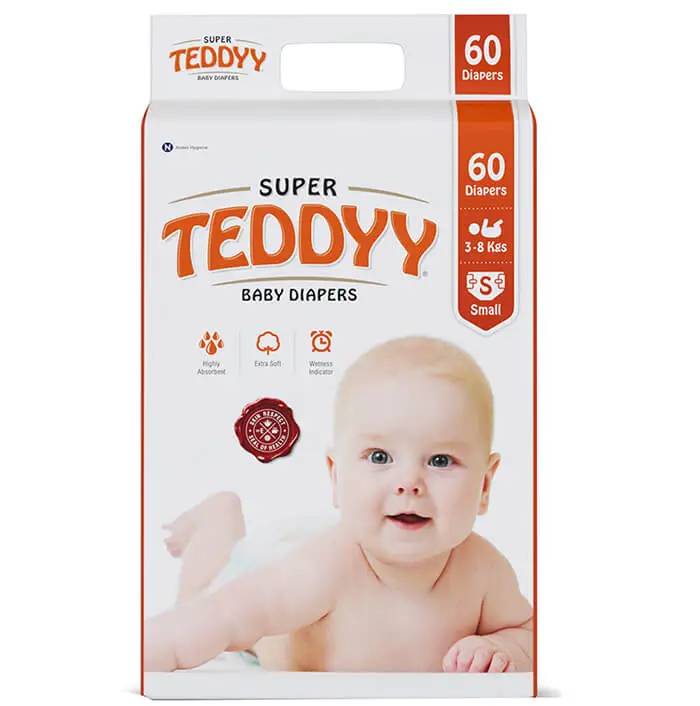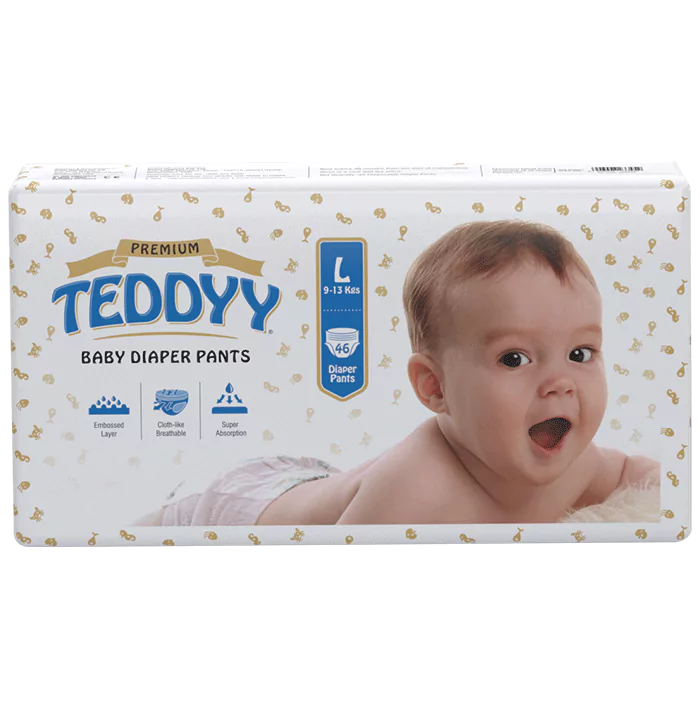Baby vaccination chart needed for Indian babies by age 6
Baby Vaccination Chart In India:
According to a social health activist and a mother of two, Gayathri Bhagya, the number of children missing basic vaccinations has increased since things reopened after the COVID-19 pandemic. Here’s what she has to say about it:
“We understand that the pandemic has strained people’s trust in vaccines, but that’s no reason for the parents to keep their children from getting the childhood vaccines they have been getting for ages! You understand how dangerous that is, right? Say, if another pandemic breaks out, then these unvaccinated children who are already weak and exposed to germs and diseases will be so much at risk.”
As Gayathri said, vaccines are one of the most important ways to protect your child – and everyone they meet – from many dangerous infections and diseases that could cost someone’s life.
Since the pandemic, there’s a new set of people who distrust vaccines entirely; and we cannot blame them because this is how vaccines work: By exposing your child’s body to a germ in a controlled way, vaccines teach their immunity system to recognise and fight the germ in the future. Which means they might get sick in the beginning.
That sounds dangerous! We know. But we must also have you know that before vaccines are approved for use, they go through years and years of testing and reviews to make sure they are safe for your child. So, sit back and relax!
If you need more convincing, read our blog entirely dedicated to explaining why newborn baby vaccinations and childhood vaccinations are important. This blog will cover the different vaccines your child needs by the age of 6.
Vaccination Chart For Babies In India
As new parents, you want to protect your children and the first step is vaccination.
Here is the vaccination chart for babies in India:
| Ages | Vaccines |
| Birth | BCG, Hep B1, OPV |
| 6 weeks | DTwP /DTaP1, Hib-1, IPV-1, Hep B2, PCV 1,Rota-1 |
| 10 weeks | DTwP /DTaP2, Hib-2, IPV-2, Hep B3, PCV 2, Rota-2 |
| 14Weeks | DTwP /DTaP3, Hib-3, IPV-3, Hep B4, PCV 3, Rota-3* |
| 6 Months | Influenza-1 |
| 7 Months | Influenza -2 |
| 6 – 9 Months | Typhoid Conjugate Vaccine |
| 9 Months | MMR 1 (Mumps, measles, Rubella) |
| 12 Months | Hepatitis A- 1 |
| 12 – 15 Months | PCV Booster |
| 15 Months | MMR 2, Varicella |
| 16 – 18 Months | DTwP /DTaP, Hib, IPV |
| 18 – 19 Months | Hepatitis A- 2**, Varicella 2 |
| 4 – 6 years | DTwP /DTaP, IPV, MMR 3 |
Table: Table Of Vaccine
Doctors recommend different baby vaccine schedules based on age and geographical location. Therefore, moms, avoid sitting and comparing your baby vaccine schedules to others.
List Of Vaccination For Babies
Vaccines have been so effective that some diseases that were once feared are now mostly eradicated.
Here is the list of vaccines for babies:
1. Newborn Baby Vaccination Chart:
Bacillus Calmette-Guerin (BCG), Oral Polio Vaccine (OPV 0), and Hepatitis B (HB 1) are the first vaccines for a newborn baby. These are some of the important newborn baby vaccinations in the chart.
2. 6 weeks:
Oral Polio Vaccine (OPV) – 1, Pentavalent – 1, Rotavirus Vaccine (RVV) – 1, Pneumococcal Conjugate Vaccine (PCV) – 1*,
Inactivated Polio Vaccine (fIPV) – 1 is included in the baby vaccination chart when the baby is of 6 weeks.
3. 10 weeks:
Pentavalent – 2, Oral Polio Vaccine (OPV) – 2, and Rotavirus Vaccine (RVV) – 2 are included in the list of vaccines for babies that are 10 weeks old.
4. 14 weeks:
Pentavalent – 3, Oral Polio Vaccine (OPV) – 3, Rotavirus Vaccine (RVV) – 3, Pneumococcal Conjugate Vaccine (PCV) – 2,
Inactivated Polio Vaccine (fIPV) – 2 is included in the vaccination chart for babies in India.
5. 16-24 months:
Measles & Rubella (MR) – 2, Japanese Encephalitis (JE-2) **, Diphtheria Pertussis & Tetanus (DPT) – Booster 1, Oral Polio Vaccine – Booster are on the list of vaccines for babies who are 16-24 months old.
6. 5-6 years:
Diphtheria Pertussis & Tetanus (DPT) – Booster 2 is included in the list of vaccines for babies of the age of 6.
Don’t let these big vaccine names scare you! We know the vaccination process is painful. Generally, new mothers don’t understand how to ease their babies. What if you knew a few tricks that could help you to ease your children during the vaccination?
If you want to know how we can ease the process of vaccination for babies, read our blog dedicated to what steps should be taken to make the vaccination process easy for children.
Our Products
Haemophilus Influenzae Type B (Hib) Vaccine
Hib vaccines protect your child from Haemophilus influenzae type B – a bacterium that causes infection of the brain and the spinal cord that can damage the brain and hearing. Your child would need four doses of Hib in total at the ages of 2 months, 4 months, between 6 to 18 months, and between 4-6 years.
Polio Vaccine
Polio is a dangerous disease caused by the Poliovirus that mainly affects nerves in the spinal cord or brain stem. Polio can infect a person of any age, but children five and under are especially vulnerable and make up to 50% of the total polio victims.
Your child will get four doses of the polio vaccine, one right after birth, the next dose at 6 weeks, the third dose at 10 weeks, and the last dose at 14 weeks.
Pneumococcal Vaccine
The pneumococcal vaccine prevents diseases caused by bacteria called Streptococcus pneumonia. When these bacteria invade the lungs, it causes pneumonia – an infection of the lungs. When they invade the bloodstream, they cause sepsis – the body’s extreme response to an infection. When they infect the brain, they cause meningitis – inflammation of the brain and spinal cord membranes.
It’s a four-dose series too, coming at 2 months, 4 months, 6 months, and between 12-15 months.
Rotavirus Vaccine
The Rotavirus vaccine protects your child against the main cause of diarrhea in children – the rotavirus. Your child will receive a total of three doses starting at 2 months and at 4 and 6 months.
The Flu Vaccine
Also known as the ‘Influenza vaccine,’ is recommended for everyone starting at the age of 6 months, and as the name suggests, it protects you against the flu (influenza). Your child will get their first dose at 6 months, and their second dose 1 month after the first dose.
And since flu viruses change from year to year, it’s recommended that everyone get a flu shot each year.
Measles-Mumps-Rubella (MMR) Vaccine
Measles gives you a rash, fever, diarrhea pneumonia, and in rare cases brain damage, or even death. Mumps causes painful, swollen salivary glands. Rubella can cause miscarriage or serious birth defects in the baby if a pregnant mother is infected.
Your child will get two doses of MMR vaccine at the ages of 12 to 15 months and 4 to 6 years.
Varicella Vaccine
This vaccine helps protect your child against chickenpox. Your child will get their first dose between 12 to 15 months, and the second dose between 4-6 years.
Hepatitis A Vaccine
It gives you lifelong protection from a liver disease caused by hepatitis A. Your child will get their first dose between 12 to 23 months, and their second dose 6 months after their first dose.
With decades of research, tons of experiments, and testing, we have come to know that vaccines work best at these ages, and with these intervals between doses. There’s a rhyme and rhythm to everything.
For example: A newborn is protected from measles for a short time if their mother has had the measles vaccine or MMR. But this protection wears off after the first year; which is why babies are given MMR vaccine between the ages of 12 to 15 months. Then a second dose is given between the ages of 4 to 6 years to remind the child’s immunity system to recognize and fight measles.
So, don’t you ever skip or delay any newborn immunizations and vaccines!


Your baby will be given the Bacillus Calmette Guerin (BCG) vaccine, polio vaccine, and hepatitis B vaccine right after birth.
Bacillus Calmette Guerin (BCG) vaccine, polio vaccine and hepatitis B vaccine are the first vaccines given to newborn babies in India.
Your baby may feel a little unwell or unsettled for a day or two after the vaccination. Any pain from the vaccination shot will be in the spot where the needle went in which can be easily taken care of with a wet, cool cloth at the spot, breastfeeding, a little playing, cuddles and laughs.
Yes, it’s perfectly fine to give bath to your baby after vaccination. Warm water may even help relieve any discomfort associated with the vaccination, but it’s advised by doctors to keep your baby’s head from getting wet for three days after the vaccination. Also, if your baby has developed a fever from the vaccination, skipping the bath for some days is the right call.





